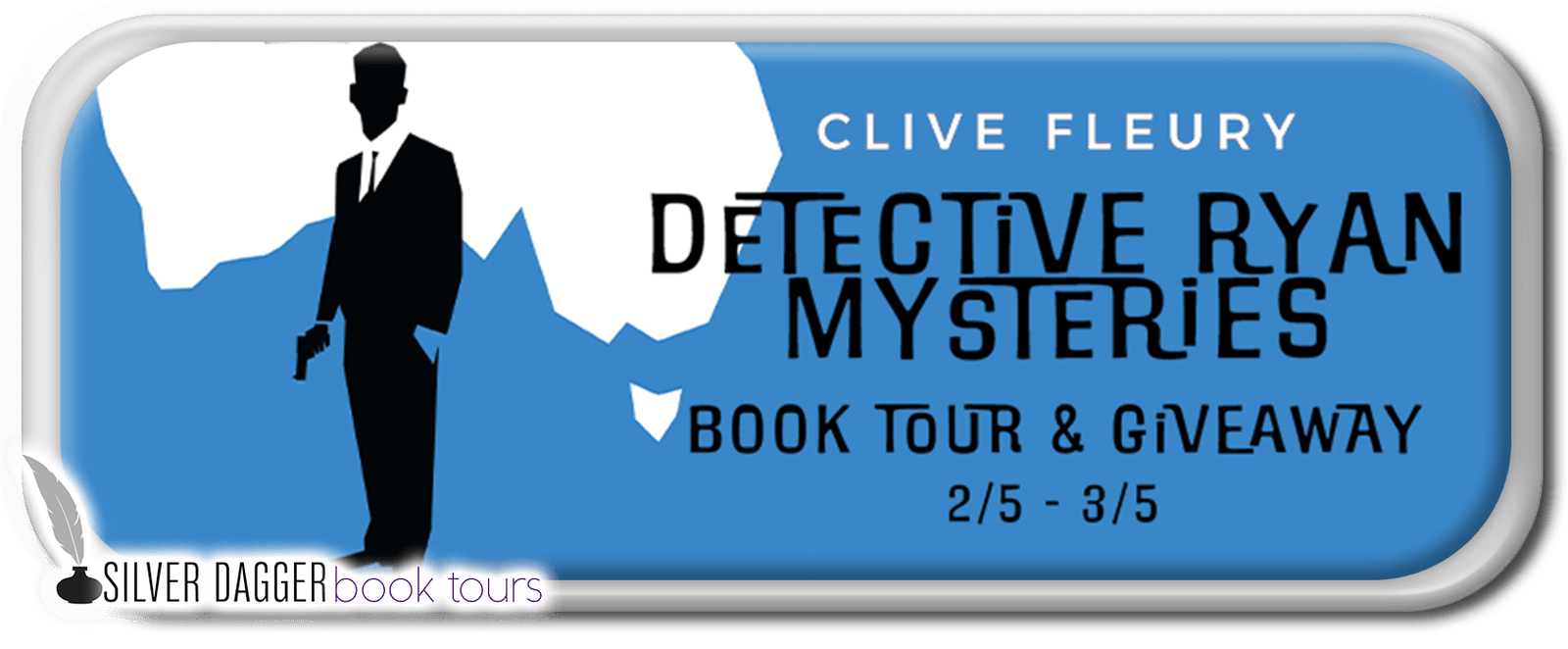Literary Historical Fiction / LGBT Friendly
Date Published: 07-16-2025
Thomas Anderson of Literary Titan calls The Ballad of Midnight and McRae "wildly entertaining" and recommends it "to lovers of literary fiction, fans of Cormac McCarthy or Marilynne Robinson, and anyone who believes that stories still have the power to save."
Poet Malcolm Guite writes, "In the story of Midnight and McRae we are enabled to hear the long conversation between Pagan and Christian, and within Christianity between protestant and catholic. and on a personal level between father and son, between lover and beloved, and deep within ourselves, the conversation between the person we are pretending to be and the person we really are. And all these vital conversations are enfolded in and arise from a compelling story set on the frontiers, the badlands, and the formative days of America itself, the place where so many of these conversations need to take place."
—Thomas Anderson, Editor-in-Chief of Literary Titan
Interview with Jess Lederman, Author of The Ballad of Midnight and McRae
What is your favorite part of the book?
That’s a tough one, Nancy! It’s something of a toss-up between the long trek through the desert when Caleb McRae and Henry Midnight are getting to know each other; or Elijah’s narration of coming to America as a slave and his subsequent adventures escaping to Florida, then enduring the Trail of Tears, escaping to Mexico, meeting Sofia and then Frederick Douglass; or the epic battle on the Rio Grande.
Does your book have a lesson? Moral?
It’s very much a book about moral issues, but I avoid anything that could be reduced to a simple one-or-two line moral—wouldn’t need to have written the book, in that case! What I really want to do is get readers thinking about moral issues. Caleb and Henry can’t agree on the meaning of justice: is it people getting what they deserve, or what they need? Hopefully by the end of the novel, the reader may have some new ideas about that. Through much of the novel, Caleb struggles to reconcile his love for Henry with his understanding of the Bible. The novel is clearly affirming of loving, monogamous same-sex relationships. Caleb, the former Texas Ranger, also struggles with the idea that following Jesus might mean forswearing violence, but ultimately becomes a pacifist. His son, Matt (the narrator), who turns 18 shortly after the end of the Second World War, is disgusted by his father’s pacifism, but his own experiences in Korea begin to change his thinking. Fr. de Souza and Black Elk believe there is no Hell of eternal torment. Universal salvation becomes an issue, and that’s also a concept with strong moral implications about the very character of God.
Are your characters based off real people or did they all come entirely from your imagination?
I doubt any author creates characters entirely from his or her imagination. My writing of course includes historical characters—Douglass, John Horse, Black Elk, Wovoka, Estes Kefauver—but even the fictional characters are inspired by different aspects of myself and others.
Of all the characters you have created, which is your favorite and why?
Well, I’d say Henry Midnight often steals the show. I just love the combination of his passion for justice and his sense of humor. But Caleb and the narrator, his son Matt, are close behind!
What character in your book are you least likely to get along with?
That’s an easy one: the arch-villain/demon Harlon Gale, who reappears at the end as Marlon Storm.
What would the main character in your book have to say about you?
Matt as an old man, writing the novel during the Covid lockdown with all the wisdom that comes with age and experience, would say I’m a decent enough writer, but need to do a better job of actually living up to the high ideals I believe in.
Do you want each book to stand on its own, or are you trying to build a body of work with connections between each book?
I’d love to write a series one day, but so far each of my novels stands on its own. That being said, Hearts Set Free and The Ballad of Midnight and McRae are both lyrical historical literary fiction which raise moral and religious questions and are primarily set in the American Southwest during the 20th century. My current work-in-progress, Miracle Man, is set in 1904 in the melting pot of lower Manhattan. Maybe that will become a series, who knows!
About the Author








































